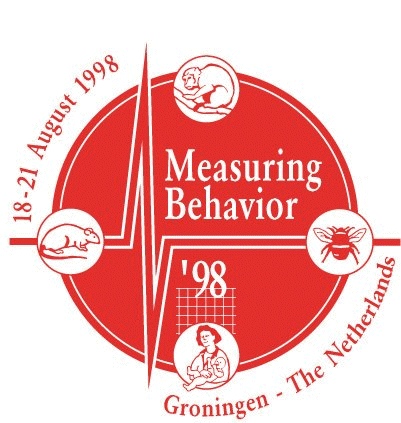Design and analysis of experiments with single subjects
P. Koene
Ethology Group, Department of Animal Sciences, Wageningen Agricultural University, Wageningen, The Netherlands
Environmental enrichment is a very important issue for zoos and is
becoming more important for farm animals. Evaluation of the effect of
enrichment in mostly done by behavioral measurement, but it is often
difficult to apply statistics, due to low numbers. However,
statistical techniques are available, for instance single case
analysis and meta-analysis, that - alone or in combination - could
replace analysis of variance and can be applied to a single animal.
Characteristic of the mentioned techniques is a very careful
preplanning of the experiment, i.e. the number and the order of
treatments given to the subject(s). Our research in farm and zoo
animals is concentrated on comparison of time budgets related to
housing conditions. One of the tools to find individuals that show
aberrant time budgets is correspondence analysis [2]. In addition to
this work enrichment experiments are done to ameliorate the keeping
conditions of animals. Single case analysis is used to evaluate
enrichment statistically. Examples of the use of this technique are:
As an example, the research on orangutans will be explained here in some more detail. Time budgets of orangutans (Pongo pygmaeus pygmaeus) show large amounts of spare time. Feeding enrichment is one of the means to increase appetitive activity related to feeding. In a randomized design we presented three conditions available to the orangutans (A= feed dispenser; a log with holes filled with peanut butter, B= raisins hidden under the straw substrate, and C= control, the normal condition). During one month on 14 different days these conditions were randomly presented to the orangutans at the beginning of the day. Behavior was measured for 5 hours after releasing the animals in their enclosure. The time budgets of the animals were compared between the three conditions by Single Case Randomization Tests [1]. Single case analysis shows significant increases in activities on an individual level (P<0.05). In conclusion, the comparison of time budgets of animals between zoos with different keeping conditions gives indications of welfare of individual animals related to housing and keeping conditions. Carefully planned experiments, statistical tests at the level of the individual and combining results of these tests in meta-analysis provide sophisticated methods for evaluation of environmental enrichment in zoos with only one or few subjects.

Paper presented at Measuring Behavior '98, 2nd International Conference on Methods and Techniques in Behavioral Research, 18-21 August 1998, Groningen, The Netherlands